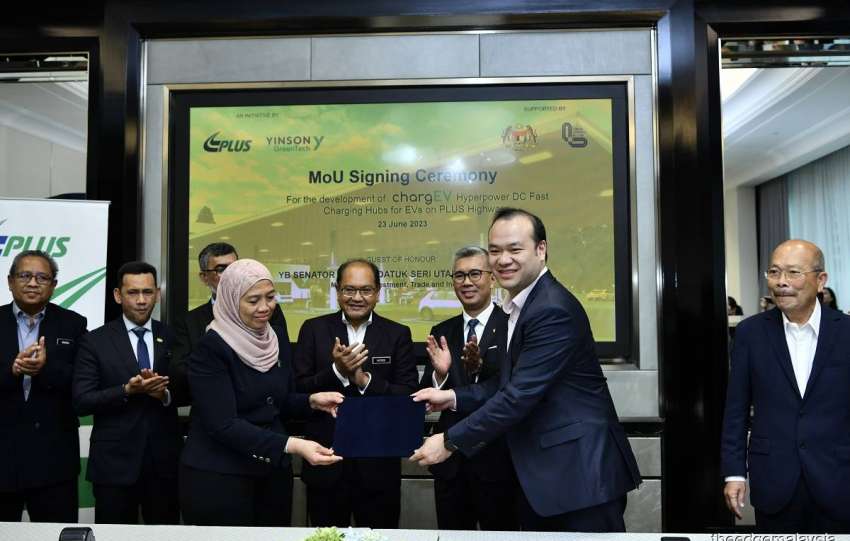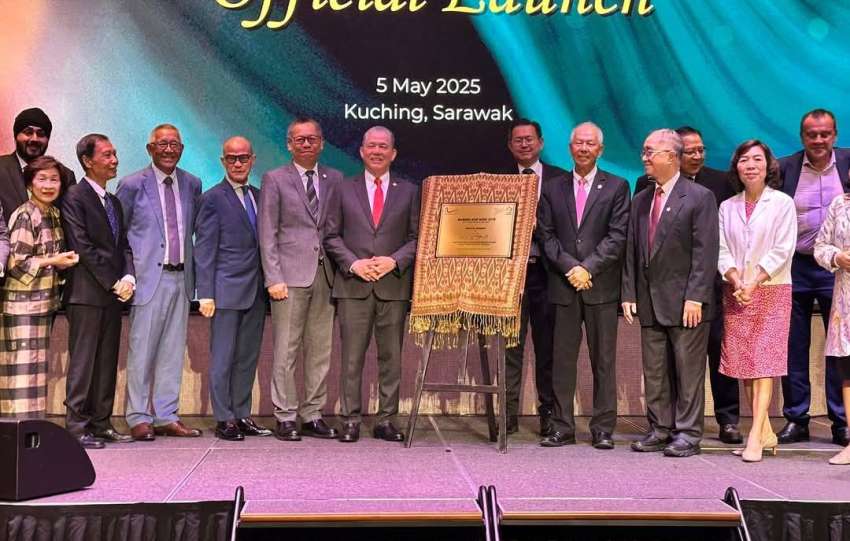23 May – In recent years, the Ministry of Public Works (Kementerian Kerja Raya Malaysia), in collaboration with the Public Works Department (JKR), Malaysian Highway Authority (LLM), and private concessionaires, has been integrating the principles of Environmental, Social, and Governance (ESG) into the development of national infrastructure projects. A recent example of this is the construction of viaducts in three locations: Seksyen 70, Seksyen 66, and Seksyen 73.
Environmental Impact: Minimizing Ecological Footprint
The adoption of ESG principles in infrastructure development is crucial in ensuring that growth does not come at the expense of the environment. One of the core objectives of these projects is to ensure that they do not harm the natural ecosystem. The viaducts being constructed are designed with an emphasis on minimizing environmental disruption. This includes measures to preserve local biodiversity and mitigate deforestation in the affected areas.
In addition, the implementation of sustainable construction practices such as the use of eco-friendly materials and energy-efficient technologies is a key aspect of the project. These efforts are aimed at reducing carbon emissions during the construction phase and contributing to the long-term sustainability of the environment.
Social Responsibility: Creating Benefits for Local Communities
Social responsibility is at the heart of the ESG framework, and the Ministry of Public Works is committed to ensuring that infrastructure development benefits local communities. The construction of these viaducts will not only improve transportation and connectivity but also create opportunities for local employment and skill development.
Furthermore, the integration of community needs into the planning and execution stages ensures that these projects align with the aspirations of the people they are meant to serve. Through public consultations and stakeholder engagement, the Ministry ensures that the voices of local communities are heard and considered.
Governance: Ensuring Transparency and Accountability
Strong governance structures are vital in ensuring that infrastructure projects are executed efficiently, ethically, and with full accountability. The Ministry, together with its partners, adheres to a rigorous set of governance standards, which includes regular audits, transparent reporting, and adherence to local and international laws.
Moreover, the private sector partners involved in these projects are required to meet high governance standards, ensuring that the work is conducted with integrity and transparency. The collaboration between the public and private sectors also promotes accountability and enhances the effectiveness of the projects.
Conclusion: The Road Ahead
The construction of viaducts in Seksyen 70, Seksyen 66, and Seksyen 73 is not just about improving the nation’s infrastructure; it is about building a sustainable future that balances development with environmental conservation, social equity, and good governance. Through these initiatives, the Ministry of Public Works is reinforcing its commitment to the principles of ESG, ensuring that Malaysia’s infrastructure is built on a foundation of sustainability, responsibility, and accountability.
By continuing to adopt ESG practices in future projects, Malaysia is setting a positive example for other nations in the region and globally, demonstrating that economic growth and environmental stewardship can go hand in hand.






